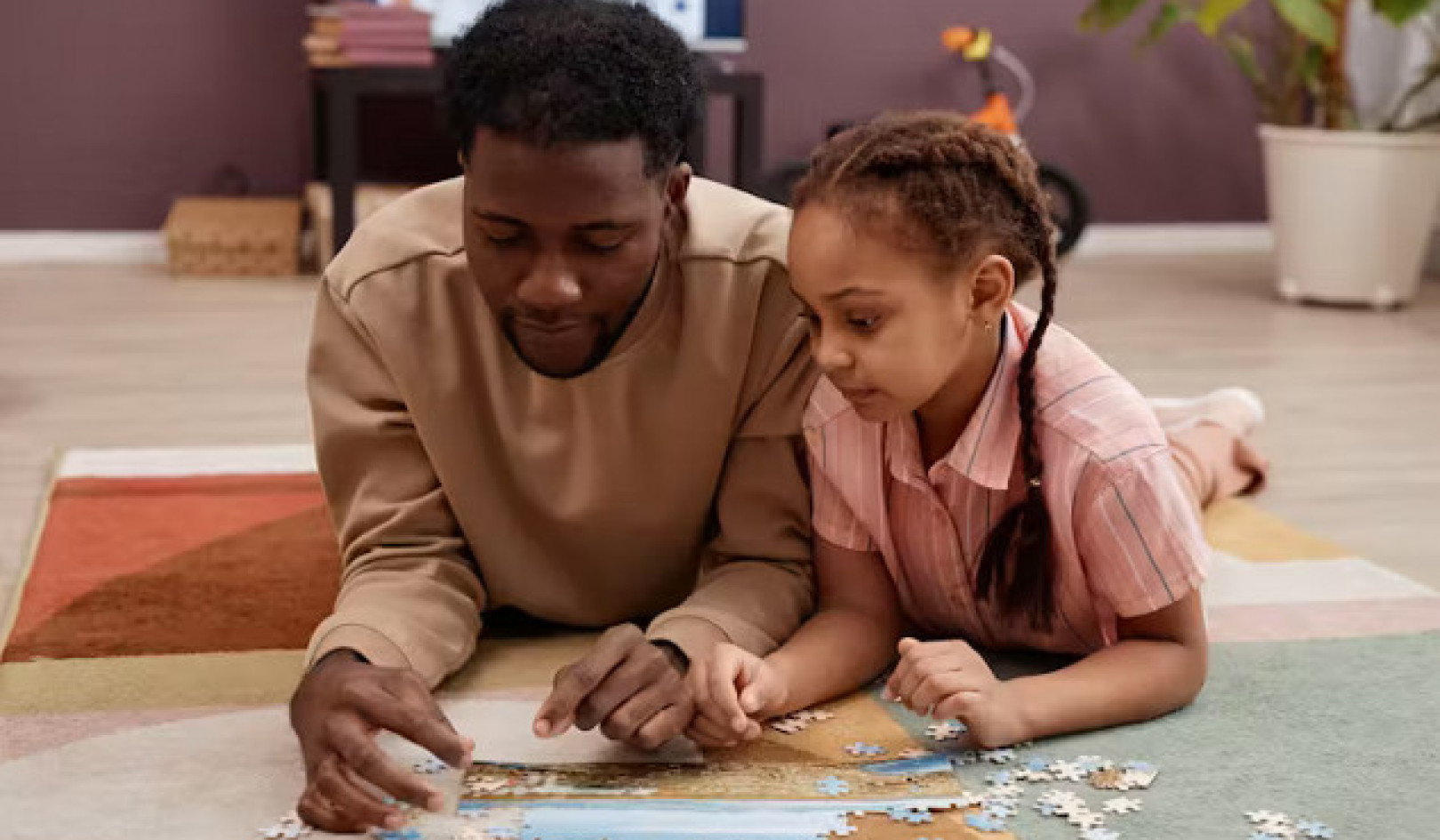
Image by StockSnap
Once you are in a relationship, how can you develop intimacy? One key is honesty. Some people tell little lies about themselves when they first begin a relationship. This is destructive to intimacy, because your partner will never be completely sure if you are telling the truth.
It is much easier to maintain credibility if you start out being credible. This is not to say that you must talk about things you are not ready to talk about, but neither do you have to falsify information.
If, for instance, you lack a sense of self-worth,
you are likely to attract a partner
who mirrors your view of yourself,
who treats you as if you were worthless.
There are times when lying is appropriate, but rarely with someone with whom you wish to have intimacy. Even lying about your age says to the other person, "There is something about me I do not want you to know. This is the boundary of our intimacy." If you want to be known and understood, you must make yourself knowable and understandable. Communication needs to be not only honest, but clear and complete.
Communicating with another person - any person, not only your mate is a challenge, because each person speaks a slightly different language, with different assumptions and definitions. You must be deliberate and alert to make yourself clear to others.
Opening Up
People often have the unrealistic notion that if somebody really loves you, he knows all you want, need, or mean without your having to clarify it. Since human beings are generally not telepathic, this does not usually occur. If you take responsibility for communicating what you want, need, and mean, you avoid unnecessary disappointments and misunderstandings.
Misunderstandings destroy intimacy more than any other factor, and most of them can be avoided. Of course, the more deeply someone knows you, the more aware he is of your wants and needs, and of how you communicate. Nonetheless, as you change and grow, it is important to stay up to date with each other.
Intimacy needs space and time to grow. If two people have packed schedules day in and day out, they probably do not share much intimacy. Intimacy implies being with the other person, being there in the present, in both conversation and silence. It may include expressing difficult emotions; a clear and appropriate expression of anger, for example, can bring two people closer together.
Any time you love someone enough to tell him how you feel, you are offering a bridge that can enable him to know you better. Of course, bridges go both ways you can get to know him better as well.
You cannot be any more intimate with another person than you are with yourself. For example, how can you expect someone else to know what you are feeling, when you, yourself, do not know what you are feeling? You can develop intimacy with yourself in the same ways that work with others: be honest with yourself, communicate clearly with yourself, and give yourself space and time to be with yourself.
Filling The Gap
You cannot expect any other person even someone who conforms to your fantasies in every detail, to give you what you feel is missing within you. You must do that yourself. If, for instance, you lack a sense of self-worth, you are likely to attract a partner who mirrors your view of yourself, who treats you as if you were worthless. Why? Because it is confusing when a partner insists that you are worthy when you are certain that you are not, and people do not like to be confused.
If you are fortunate enough to have a partner who tries to inspire a sense of self-worth in you, but you are not willing to accept it, you will probably deflect his input or dismiss him entirely. You might, for instance, tell yourself that he is prejudiced, or think, "What does he know?" Anything you have not yet dealt with in yourself will likely come up at some point in the context of a mate relationship.
Therefore, if you are single and have been making use of your time alone to release your old patterns, you will have an easier time when you form a relationship. However, no one is finished processing everything. The more you are willing to acknowledge and work on your shortcomings, without self-judgment, the easier it will be to develop intimacy with a partner. One reason is that you are less defensive.
Many fights arise over defensiveness. Suppose you are in a relationship with someone who says to you, "You are selfish about the television. We always have to watch what you want to watch." What would most people's response be? Probably an automatic "No, I'm not!" Suppose that, instead, you say, "Hmm...I wasn't conscious of that. Thank you for pointing that out." After giving it some thought, you discuss possible solutions, such as taking turns, or getting another television - you agree that you do not always have to watch together.
Also, since you had not been aware of the problem, you ask him to be clearer in saying what he wants to watch. Because you were open rather than defensive, he does not have to be angry about that issue any more. You have heard and received his complaint. If your partner complains about something you do not agree with, or are not able to do something about, your willingness to hear and discuss it can still help defuse the issue.
Love Requires Maintenance
Some people want to get a relationship set up so that it is running smoothly and they never have to do anything about it again. However, this does not usually work. To make an analogy, someone may build his dream house and move into it; however, he must continually refine and maintain it. In a sense, a house is never done. The same is true of relationships. They keep changing, providing opportunities for growth, as the people in them change and grow. There is nothing wrong with that. Wouldn't it be boring if you felt that you had everything set up, that you always knew what to expect from your partner? It is more fun to be constantly looking for the unexpected, discovering new things and changing.
Sometimes relationships change to the point where they are no longer workable in that form. Maybe the form needs to be changed to a more distant relationship, a friendship perhaps. That is not necessarily an indication of anyone's failure; you may have simply completed your work together. Ending or changing a relationship gracefully, without making anyone wrong, is a mark of maturity. The more quickly you acknowledge that a relationship is no longer serving you, the sooner you can move on to your next step. That may be a relationship that does serve you, or a period of aloneness. Of course, some relationships are fitting and adaptable enough to serve you for the rest of your life.
A Genuine Relationship
How do you know whether to keep working on a relationship or to let it go? There are no hard and fast rules about this, but generally, if you have an automatic impulse to run, there is a good chance that you would benefit from staying with it. If you have an automatic impulse to hang onto it, it is likely that you would be well advised to let it go.
The key factor is your motivation. If your impulse is to run, it is likely to be because of laziness, not wanting to do the necessary work, or fear of what that work might bring up. If your impulse is to hang onto the relationship, it is likely to be because of fear that you will not find anyone else, perhaps because you are not lovable enough. It is preferable to stay in a relationship because you genuinely want to.
Published by Summerjoy Press. ©1995.
Article Source
Loving From Your Soul -- Creating Powerful Relationships
by Shepherd Hoodwin.
 This book brings the transcendent wisdom of the channeled entity Michael to the all-important subject of love. People everywhere are looking for a higher perspective on love than the popular view of romance. Loving from Your Soul: Creating Powerful Relationships, an inspiring and unusual book by Shepherd Hoodwin, goes to the core of the issue by exploring the nature of love itself. It is a collection of discourses and counseling Hoodwin channeled from the Michael entity that views love as an eternal reality not dependent on other people or situations--it is something we can learn to access all the time through connecting directly with our soul.
This book brings the transcendent wisdom of the channeled entity Michael to the all-important subject of love. People everywhere are looking for a higher perspective on love than the popular view of romance. Loving from Your Soul: Creating Powerful Relationships, an inspiring and unusual book by Shepherd Hoodwin, goes to the core of the issue by exploring the nature of love itself. It is a collection of discourses and counseling Hoodwin channeled from the Michael entity that views love as an eternal reality not dependent on other people or situations--it is something we can learn to access all the time through connecting directly with our soul.
To order this book. Also available in a Kindle edition.
About The Author
 Shepherd Hoodwin is an intuitive, workshop leader, and teacher. He is a conscious channel of a nonphysical entity referred to as Michael. He also does past-life therapy, counseling, and channeling coaching (teaching others to channel). He is the author of: "The Journey of Your Soul -- A Channel Explores Channeling and the Michael Teachings", "Meditations for Self-Discovery -- Guided Journeys for Communicating with Your Inner Self", and "Loving from Your Soul -- Creating Powerful Relationships". Shepherd can be contacted through his website at https://shepherdhoodwin.com.
Shepherd Hoodwin is an intuitive, workshop leader, and teacher. He is a conscious channel of a nonphysical entity referred to as Michael. He also does past-life therapy, counseling, and channeling coaching (teaching others to channel). He is the author of: "The Journey of Your Soul -- A Channel Explores Channeling and the Michael Teachings", "Meditations for Self-Discovery -- Guided Journeys for Communicating with Your Inner Self", and "Loving from Your Soul -- Creating Powerful Relationships". Shepherd can be contacted through his website at https://shepherdhoodwin.com.




























